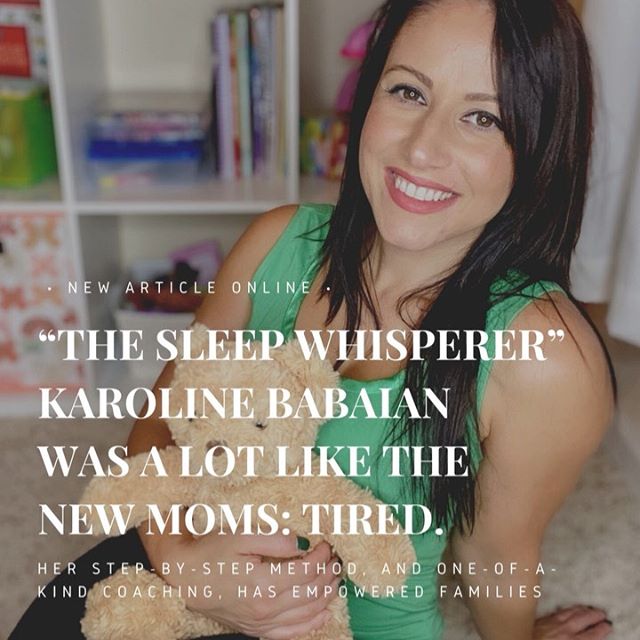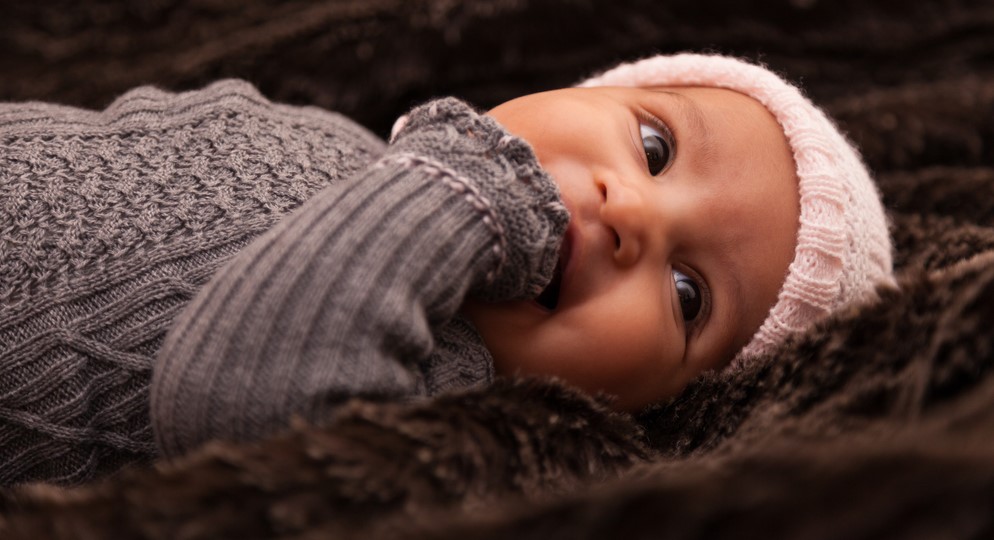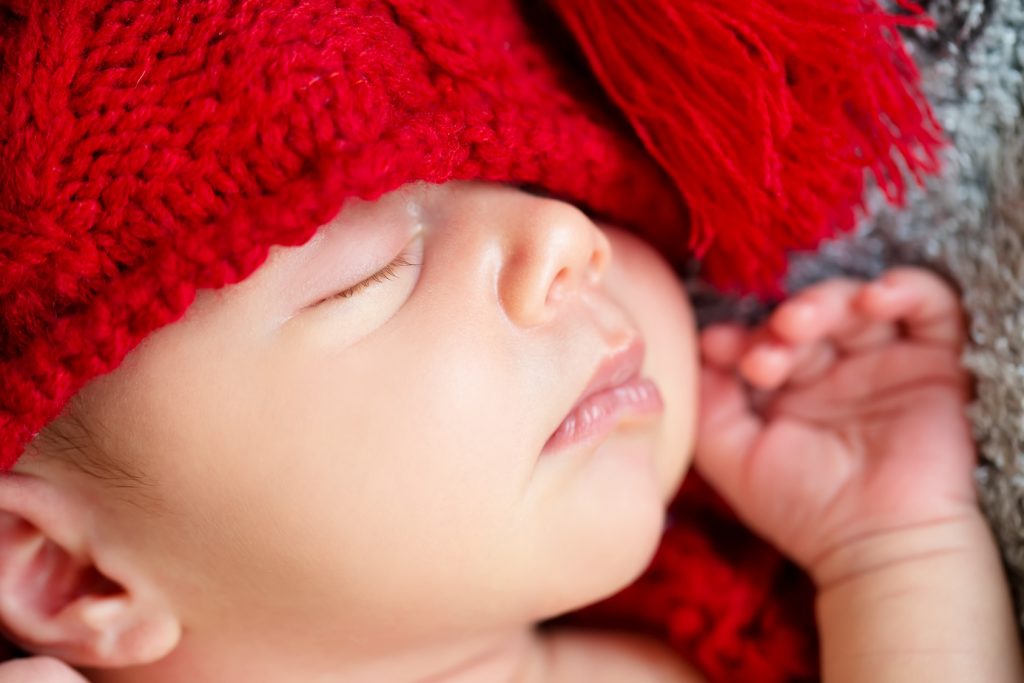There are so many questions asked around sleep training a baby – I get it! I was one of those first-time Moms with a crying baby, who just wouldn’t sleep! Of course I leaned on Google, my cyber BFF, and lo and behold, there IS help!!
BUT, the real question is, how do you know what to read and who to trust? How do you know what sleep training method will work on your child? And most important, what will ACTUALLY help get my baby to finally learn to fall asleep independently time and time again? Personally, that is my favorite one to investigate.
SO, in order to help alleviate some of the googling on your end, I have compiled the top 5 questions, most frequently asked on Google, and provided some answers, solutions, resolutions…call it whatever you want! This, I hope, will give you a much better sense of relief as to the significance of sleep training, and a good sense of direction as to where you are with your baby’s sleep habits, what you are looking for in terms of training and solutions, and more!
Without further ado, here are the top 5 questions asked on Google regarding sleep training a baby:
1. When should you start sleep training your baby?
You will read SO many opinions as to when the right time is to sleep train a baby. Professionally speaking, when I consult with parents on this topic, I always have the question asked back to them. In other words, I ask “do you feel ready to sleep train your baby?” The fact of the matter is, there are many methods that can be worked with babies at different ages and stages of their growth. But the one thing that can determine the success of sleep training is whether the individual (parent, nanny, grandparent, etc) who will be actively sleep training the baby, will be consistent in the sleep training process. No matter what method you use, if there is no consistency, do not expect sleep training to necessarily be effective.
2. How long do you let a baby cry it out?
Great question! Sleep training is NOT about letting your baby just “cry it out” until they pass out. Unfortunately, this is the stigma that is seen as by some. With the right tools, the right method, and the right approach, sleep training can be quite rewarding for baby and family! This is where your Certified Sleep Coach comes in to place…to ensure you with the right tools and measures.
The way I describe The Sleep Nest’s sleep training is that we work together to build healthy sleep habits. It is about replacing a negative sleep habit with a healthier, and independent sleep measures. Is there some crying involved, yes. No sugar coating, it is not an overnight problem solver (sleep training, that is). It may take a few nights and few days before you see consistent and improved sleep habits in your baby. The GOOD news is that crying has never really been diagnosed as a negative. Yes, cortisol levels rise during crying, but that is the case even when your child is crying in the middle of the day for any reason. By following the steps outlined in your sleep plan, The Sleep Nest’s sleep training method will NOT have your baby crying for hours on end, and will get your baby learning more quickly how to soothe themselves to sleep.
3. Is sleep training necessary for babies?
Here’s how I look at sleep training: if your baby is having trouble sleeping, and it has now become a problem in your family, where sleep is compromised for Mom and Dad, affecting your job because you are now too tired and cannot concentrate at work, cannot drive without losing focus or falling asleep at the wheel, or one parent has resorted to sleeping on the couch or in the baby’s room in order to get the baby to sleep, and is affecting your relationship, then you might want to book a call to learn more about how we can resolve your current situation.
Ask yourself these questions: Is it affecting your quality of life because you are not functioning at your best in being the parent and the professional you need to be? Is your baby’s sleep habits troubling you? On a scale of 1-10, how bad is your baby’s sleep? In an ideal world, what would you change about your baby’s sleep, and are you willing to make some changes to get there?
Only YOU can answer these questions. As your Coach, I will only provide you with solutions and motivation for when you DO decide to sleep train. Never is it my intention to pressure anyone to sleep train. Like the saying goes, “to each their own” and I fully respect any and all decisions made around your child and your family.
4. How do I get my baby to fall asleep on his or her own?
Ahhh the 64 thousand dollar question (wait, is it still worth $64K or did that appreciate?) This is by far THEE most asked question on Google (my facts, I’m pretty sure!) Well, you may have tried some things that have worked for a period of time, such as: feeding, rocking, holding, co-sleeping inside the crib (personal fave I won’t lie) strolling, driving around until the sun comes up, you get the picture.
But, how long have they worked? 2 months? 5 months? 9 months??? The point is, it doesn’t work long term. That is why you have been googling this question at this point, or are reading this now and saying to yourself “omg yes! That’s me right now!!!”
Well, the bad news is, it WON’T really work permanently because 1-babies outgrow on their need for milk, mobility and sleep hours. In other words, we (the parent) builds a personal habit around it and sticks to the same plan day in, day out. And 2-at some point the parent is done and is SO tired at this point that they’re not willing to continue on 1 more sleepless night of treacherous attempts.
But, the GOOD news is that you don’t have to do the work for your baby! I know, sounds so simple. Yet, it is. Building on a habit takes time, period. Just like it took a certain time to get your baby used to falling asleep on you or the bottle, etc, it is a matter of breaking that habitual cycle and instilling new and healthier measures. This, is where sleep training comes in.
5. Is sleep training harmful?
Ahhh the elephant in the room question. I will keep this short and sweet. No, no it doesn’t. There are no known peer-reviewed studies done to this day that factually show that sleep training is “harmful”. However, I will say that it is not for every child. The only way to see if sleep training is for your baby and family is to consult with a Certified Sleep Coach and discuss what your baby’s sleep conditions are, and whether he or she is a good candidate for sleep training, and whether or not you are ready to commit.
If you are ready to talk, I’m here to listen! Book a FREE 15min consultation today!












